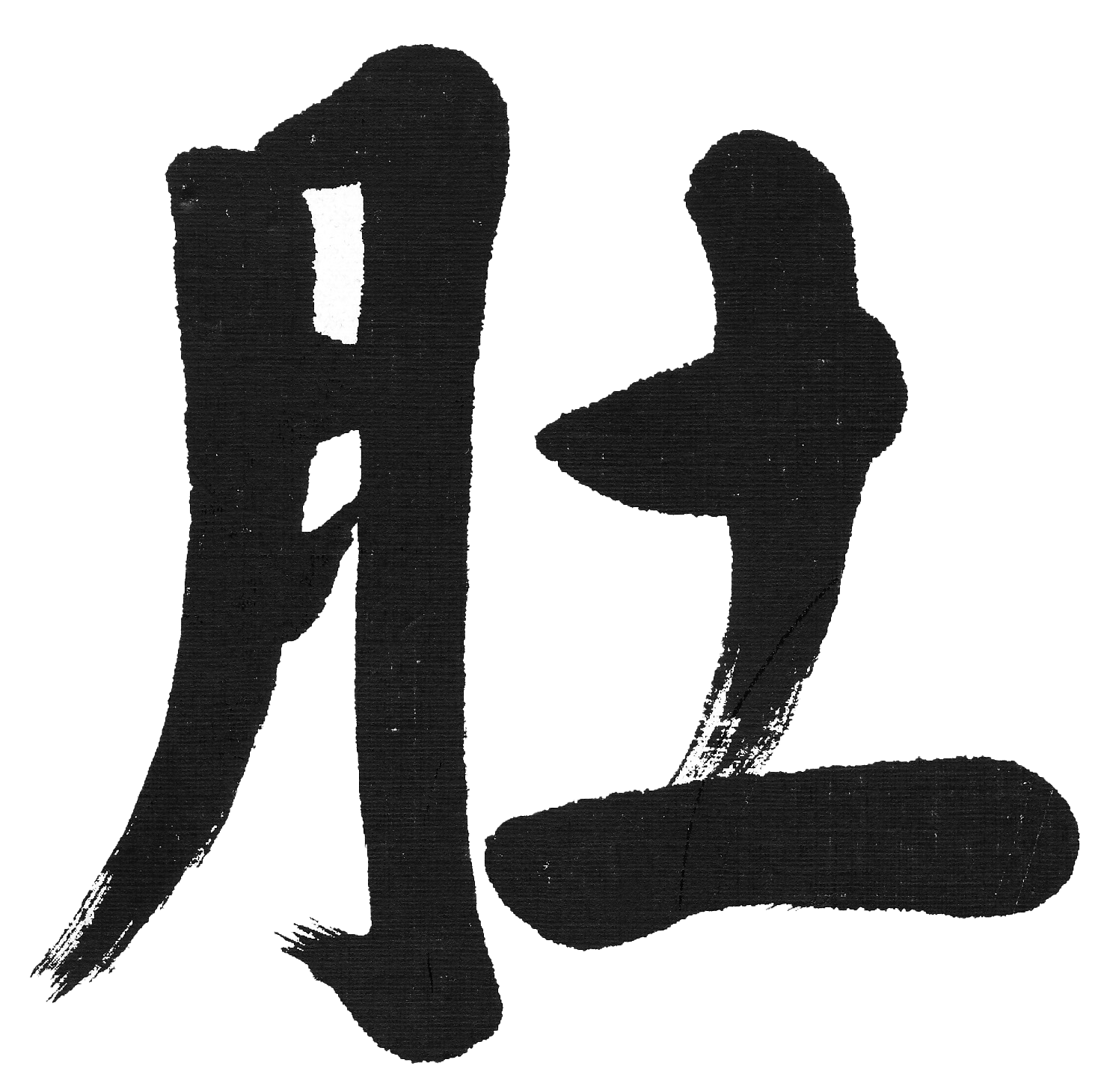Sit Hard
In my early days as a Zen student, the jiki jitsu (person leading sitting) often yelled, “Sit hard!” This usually occurred when someone (or everyone) was struggling with pain or fatigue. While the shout certainly would get my attention and make me wonder if it was directed solely at me, I really didn’t know what “sitting hard” meant. I knew it had something to do with hara breathing, but I didn’t know how to do that at that stage of my training. I would try to put a lot of strength in my exhalation and drive it into my lower abdomen. But, as I have written before, this would only put more tension in my body, which, in turn, would increase the pain.
Later in my training, after I had developed some facility with hara breathing, I began to understand that the key to sitting hard is to relax, both on inhalation and exhalation. And, just as you can’t breathe out a lot of air if you aren’t breathing it in the first place, you can’t relax on exhalation if you can’t relax your lower abdominal muscles on inhalation.
The body’s instinctive reaction to pain is to tense up. While this reaction has some advantages, for example, bracing the body against further injury, more tension, as I have said, can increase pain. However, the idea of relaxing into pain can seem counterintuitive and lead to the fear that it will only increase pain. For that reason, it’s important first to practice taking long, deep, relaxed inhalations.
The importance of relaxation isn’t limited to physical pain. Stress of any type, including psychological, tends to put tension in the body and cloud the mind. And it’s known that prolonged stress harms health and general well-being. As in physical pain, it may seem counterintuitive to relax into that tension. But, again, the key to dealing with stress in general is to take long, deep, relaxed inhalations. When I say to relax, I don’t mean to simply become limp or collapse under the pain.
So “sit hard” could be restated as “relax into it” or “breathe with it”. Doing that in a committed fashion and not giving way to the habit of tension can feel like doing battle. This requires a lot of energy and effort and is an active relaxation on every level. To accomplish this, it’s essential to keep your posture and tone in your hara. This is what I think the jiki was referring to when they shouted. Ellen and I will be developing this point in future posts.
In keeping with the theme of relaxation, here are two more of Ellen’s videos of exercises that can give you a better on-ramp to relaxed abdominal breathing. We suggest you try“side curl” before “wash rag.”
One more thing: The next online hara development drop-in will take place on Saturday, January 27, 7:30-8:45 AM (Central Time). You can find information, including the link, here.
